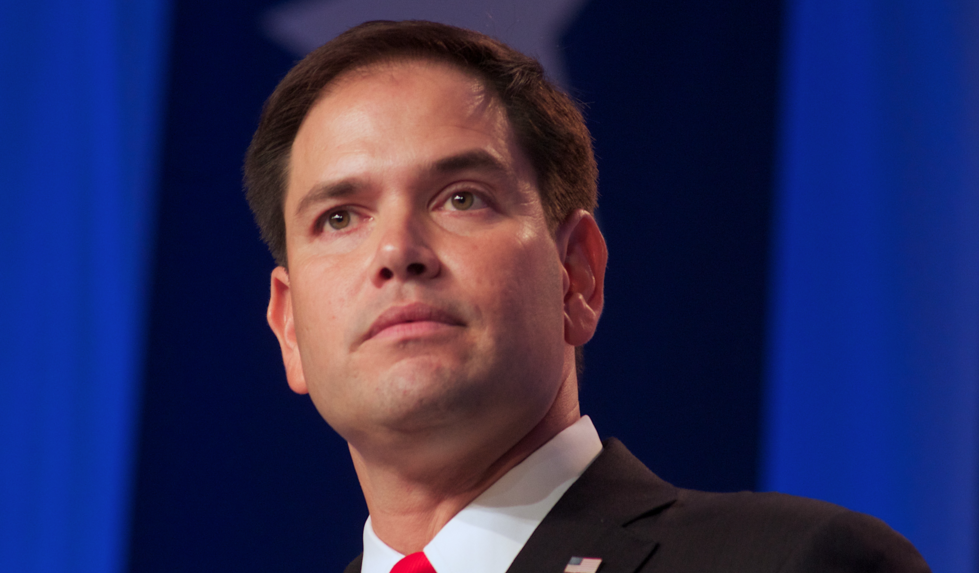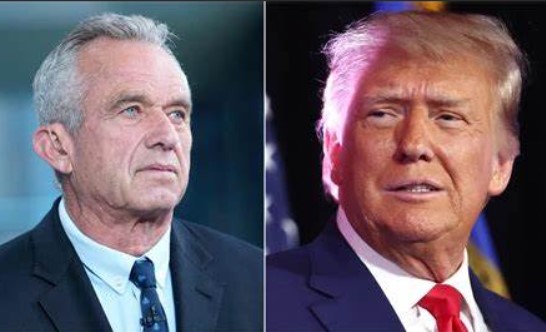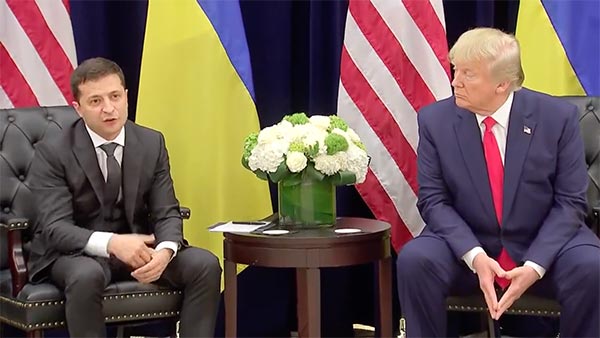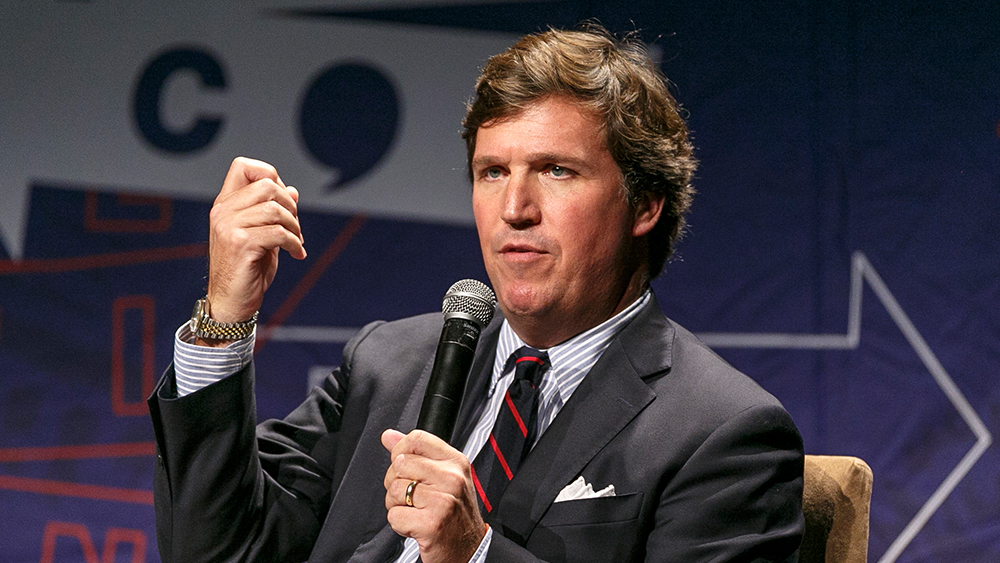
- U.S. Secretary of State Marco Rubio declared the era of American unipolarity is over, emphasizing that a return to multipolarity is a natural correction of the geopolitical order.
- Rubio highlighted that the unipolar moment, following the collapse of the Soviet Union, was an anomaly. The rise of China, Russia and other regional powers signals a return to a more traditional balance of power.
- Rubio emphasized the need for a more focused approach to U.S. foreign policy, aligning actions with strategic objectives and prioritizing national interests over ideological ambitions.
- Rubio's multipolar worldview suggests a shift away from the grand strategy of primacy, advocating for a more balanced and realistic approach to international engagement that recognizes the limits of American power.
- Rubio's insights offer a valuable framework for rethinking American strategy in a complex, competitive international landscape, promoting a more pragmatic and strategic approach to foreign policy.
Historical context of unipolarity
To understand the significance of Rubio’s remarks, it’s essential to revisit the historical context of unipolarity. The collapse of the Soviet Union in 1991 left the United States as the world’s sole superpower, a position of dominance unprecedented in modern history. This unipolar moment allowed the U.S. to shape international institutions, promote liberal democratic values and project military power with little resistance. However, as Rubio pointed out, this was never a natural state of affairs. Historically, the world has been multipolar, with multiple great powers vying for influence. The rise of China, the resurgence of Russia and the growing assertiveness of regional powers like Iran and North Korea signal a return to this more traditional balance of power. Rubio’s recognition of this shift is not entirely new — Hillary Clinton, for instance, acknowledged the emergence of a multipolar world as early as 2010. But what sets Rubio apart is his framing of multipolarity as a return to normalcy rather than a threat to American dominance. This perspective opens the door to a more pragmatic and sustainable foreign policy, one that prioritizes strategic interests over ideological ambitions.Call for strategic clarity
Rubio’s interview also highlighted the need for a clearer, more focused approach to U.S. foreign policy. “The mission of American Foreign Policy,” he said, “is to further the national interests of the United States of America.” This may seem like a straightforward principle, but it represents a significant departure from the interventionist tendencies that have characterized U.S. policy in recent decades. Rubio emphasized the importance of aligning foreign policy actions with strategic objectives. “We need to ask, before we do anything, ‘What is the strategic objective?’” he said. “Before we engage in any foreign policy, we have to already know, ‘What is the purpose, the mission?’” This focus on strategic clarity is particularly relevant in light of recent U.S. misadventures in the Middle East and elsewhere. By acknowledging that the U.S. cannot — and should not — be responsible for solving every global problem, Rubio is advocating for a more restrained and deliberate approach to international engagement.Implications for U.S. grand strategy
Rubio’s comments raise important questions about the future of U.S. grand strategy. If unipolarity is indeed an anomaly, then the grand strategy of primacy — which seeks to maintain or restore American dominance — becomes increasingly difficult to justify. Instead, Rubio’s vision suggests a shift toward a more balanced and realistic approach, one that recognizes the limits of American power and the inevitability of a multipolar world. This does not mean abandoning alliances or retreating into isolationism. As Rubio noted, “When our interests align, that’s where we have partnerships and alliances. Where our differences are not aligned, that is where the job of diplomacy is to prevent conflict; while still furthering our national interests, and understanding they are gonna further theirs.” This nuanced approach reflects a deeper understanding of the complexities of international relations. It also underscores the importance of diplomacy in managing great-power competition and avoiding unnecessary conflicts.Long-overdue conversation
Rubio’s remarks are a welcome contribution to a long-overdue conversation about the future of U.S. foreign policy. For too long, discussions about America’s role in the world have been dominated by binary thinking—either unbridled interventionism or complete withdrawal. Rubio’s multipolar worldview offers a third way, one that balances realism with restraint and prioritizes national interests without abandoning global engagement. As the United States navigates an increasingly complex and competitive international landscape, Rubio’s insights provide a valuable framework for rethinking American strategy. Whether his vision will be fully embraced by the Trump administration—or by future administrations—remains to be seen. But one thing is clear: the era of unipolarity is over, and the sooner people adjust to this new reality, the better. In the words of Thucydides, “The strong do what they can and the weak suffer what they must.” Rubio’s acknowledgment of a multipolar world is a reminder that even the strongest nations must adapt to the shifting tides of history. For the United States, this means embracing a more pragmatic and strategic approach to foreign policy — one that prioritizes national interests, avoids unnecessary conflicts and recognizes the limits of power. Rubio’s interview may have been overlooked by many, but its implications are profound. It’s time for a serious grand-strategic conversation, and Rubio has provided the spark. Sources include: ResponsibleStateCraft.org YouTube.com HalTurnerRadioShow.com Princeton.eduCDC IN CRISIS: Trump administration axes 1,300 employees in sweeping government overhaul
By Willow Tohi // Share
Debunking the myth: Why “cow fart” vaccines will not solve climate change
By Willow Tohi // Share
Fluoride in drinking water poses serious risks to children, pregnant women
By Cassie B. // Share
HOPE: RFK Jr.’s appointment as HHS secretary marks a new chapter in America’s health debate
By Willow Tohi // Share
Trump demands Ukraine repay U.S. aid with rare earth minerals amid war negotiations
By Cassie B. // Share
Tucker Carlson: U.S. military weapons sent to Ukraine end up in the hands of CARTELS
By Ramon Tomey // Share
Millions without power as Spain and Portugal face unprecedented power outage
By isabelle // Share
China bets on Huawei’s Ascend chips to replace banned Nvidia technology
By isabelle // Share
Natural Nootropics vs. Big Pharma: How green tea’s L-theanine outshines dangerous ‘limitless’ drugs
By finnheartley // Share
Breaking through the nut barrier: Hope for adults with peanut allergies
By willowt // Share











